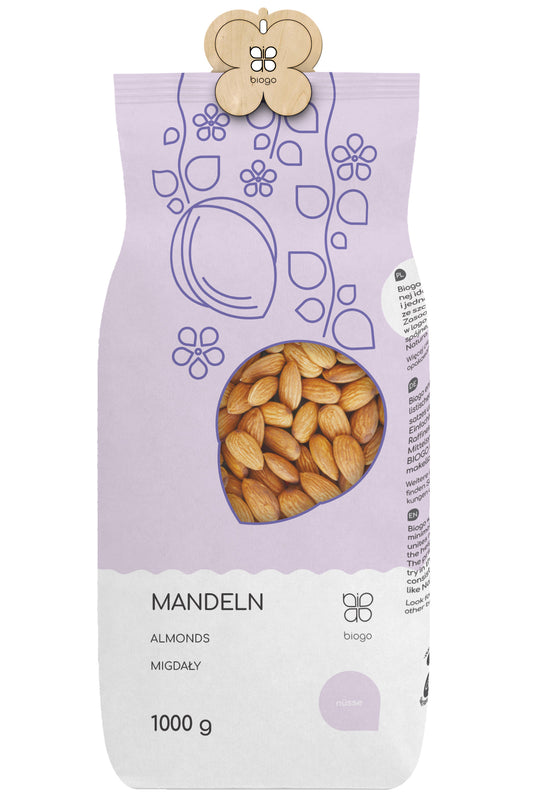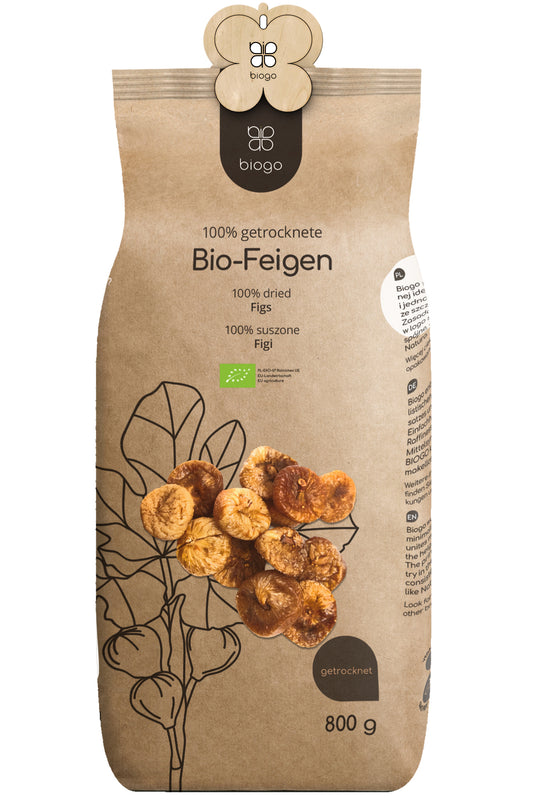Content:
- What exactly are adaptogens?
- The mechanism of action of adaptogens
- The most important properties of Adaptogens
- Examples of adaptogens and their effects
- Adaptogens safe?
The modern pace of life has made stress omnipresent. Daily pressure from work, household chores, an unstable economic situation, and constant sensory overload cause our bodies to live in a constant state of tension. Over time, this leads to exhaustion, a weakened immune system, sleep disorders, low mood, and difficulty concentrating. Against this backdrop, more and more people are looking for natural, gentle, and safe ways to support their bodies in the fight against stress.
A solution known in traditional medicine for centuries and now gaining importance in scientific research are adaptogens. They are a group of plant and fungal substances that help the body adapt to difficult conditions and restore its internal balance. What exactly are adaptogens, how do they work, and why should you integrate them into your daily life?
What exactly are adaptogens ?
Adaptogens are natural bioactive compounds found primarily in plants and fungi. They are characterized by their ability to support the body in coping with stress – physical, emotional, and environmental. Their main task is not to combat the symptoms of a specific disease, but to regulate the functions of the entire body in a balanced and non-invasive manner.
The term "adaptogen" was coined in the mid-20th century by Russian pharmacologist Nikolai Lazarev, who was searching for substances that enhance the body's resistance to harsh working conditions, cold, exertion, and mental stress. For a substance to be considered an adaptogen, it must meet several strict criteria:
· have no toxic effects,
· act unspecifically, i.e., support the body in various stress situations,
· restore the body's balance (homeostasis), regardless of the direction in which this balance was disturbed.
Adaptogens do not work ad hoc or as stimulants – their strength lies in the subtle, long-term support that enables the body to function more effectively under difficult conditions.
The mechanism of action of adaptogens
A central area of action of adaptogens is the HPA axis (hypothalamic-pituitary-adrenal axis), which regulates the body's stress response. In the face of threat or pressure, this axis triggers a series of hormonal processes, including an increased level of the stress hormone cortisol.
The problem arises when stress becomes chronic. The body remains in a constant state of alert, and cortisol levels do not normalize. This, in turn, leads to a series of negative health effects such as a weakened immune system, digestive problems, insomnia, irritability, and fatigue.
Adaptogens help regulate this process. They influence the neuroendocrine system, mitigate excessive stress responses, stabilize cortisol levels, support the body's regeneration, and improve its adaptability under pressure. They have a normalizing effect: in case of overload, adaptogens strengthen the body, and in case of exhaustion, they provide it with energy.
The most important properties of Adaptogens
Although various adaptogens have slightly different profiles of effects, they all share several important properties in common:
· Reduction of stress and nervous tension – by influencing the HPA axis and the nervous system,
· Support for immunity – immunomodulatory effect and strengthening of the body's own protective barrier,
· Improvement of sleep quality – through normalization of the circadian rhythm and reduction of anxiety,
· More energy and endurance – without stimulating effects, without the "comedown" effect,
· Improved concentration and mental clarity – thanks to better adaptation to changing conditions,
· Protection against the effects of chronic stress – including high blood pressure, reduced immunity, depression, and hormonal disorders.
It is worth mentioning that adaptogens often also have anti-inflammatory and antioxidant effects, meaning they support the body at the cellular level.
Examples of adaptogens and their effects
Among the most commonly used adaptogens are both root vegetables and medicinal mushrooms. Here are some examples that deserve special attention:
Ashwagandha ( Withania Somnifera )
is considered one of the most effective adaptogenic plants in Ayurvedic medicine and helps to lower cortisol levels, support hormonal balance, improve sleep quality, and has anxiolytic effects. Ideal for people with fatigue, burnout, and high nervous tension.
Rhodiola rosea ( Rhodiola rosea )
It is valued for its ability to increase mental and physical resilience, enhance concentration, reduce fatigue, and improve stress tolerance. Recommended for mental workers, athletes, and students.
Reishi - Mushrooms ( Ganoderma lucidum )
They are used in traditional Chinese medicine as tonics to strengthen the immune system and support the nervous system, have anti-inflammatory properties, aid in detoxifying the body, and contribute to improved sleep quality.
Maca ( Lepidium meyenii )
The maca root is known for its strengthening properties, regulation of hormonal balance, and improvement of libido. It has a tonic effect, increases energy, and supports emotional balance.
Tulsi ( Ocimum Sanctum )
Indian basil, used in Ayurvedic medicine, strengthens the immune system, alleviates anxiety, supports body cleansing, and has antibacterial properties.
Adaptogens safe ?
Adaptogens are available in various forms – as powders, capsules, teas, and tinctures. For optimal results, regular daily intake for at least 4–8 weeks is recommended. It is important to note that adaptogens work subtly and cumulatively – their effects are not immediate but become noticeable only with continued use.
It is recommended:
· the use of individual adaptogens or ready-made blends tailored to individual needs,
· start with small doses and observe the body,
· take breaks from use every few months,
· Avoid combining adaptogens with medications without prior consultation with a doctor (especially with hormonal, sleep, and psychotropic drugs).
In a world that constantly demands more from us – more energy, more performance, more resilience – adaptogens become an invaluable aid in restoring balance. They not only help with stress management but also support the health of the entire body and improve its ability to adapt and regenerate.
When selecting adaptogens, we rely on the knowledge of traditional medicine but also benefit from the growing scientific research. This is one of the few solutions that truly aligns with the concept of preventive healthcare without causing side effects.
THE PUBLISHER'S CHOICE
Almonds 1 kg BIOGO
- £11.00
£13.00- £11.00
- Unit price
- / per
Peeled sunflower seeds 1 kg BIOGO
- £3.00
£4.00- £3.00
- Unit price
- / per
Dried organic mango 400 g BIOGO
- £10.00
- £10.00
- Unit price
- / per
Dried White Mulberries 500 g ORGANIC
- £6.00
£7.00- £6.00
- Unit price
- / per
Popcorn (corn kernels) organic 1 kg BIOGO
- £6.00
- £6.00
- Unit price
- / per
Organic Ground Turmeric 500 g BIOGO
- £6.00
- £6.00
- Unit price
- / per
Milk thistle seeds 1 kg BIOGO
- £4.00
- £4.00
- Unit price
- / per
Dried organic figs 800 g BIOGO
- £27.00
- £27.00
- Unit price
- / per
Organic cashew nuts 1 kg BIOGO
- £18.00
- £18.00
- Unit price
- / per
Unpeeled buckwheat groats 1 kg BIOGO
- £3.00
£3.00- £3.00
- Unit price
- / per







































































































































